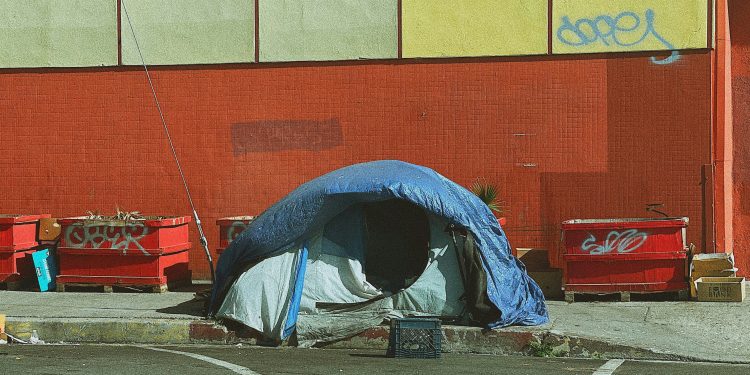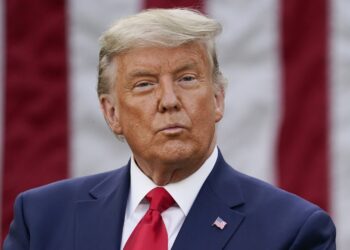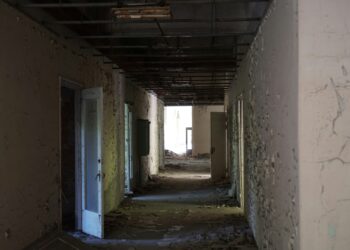President Donald Trump has ordered homeless individuals to “move out IMMEDIATELY” from Washington DC, vowing to transform the capital into a “safer and more beautiful” city. In a series of Truth Social posts, Trump announced plans to relocate homeless populations to facilities “FAR from the Capital” while promising harsh measures against criminals. The move comes amid escalating tensions with DC Mayor Muriel Bowser, who rejected Trump’s comparison of the city to Baghdad and disputed claims of a crime wave, citing a 30-year low in violent crime.
The president’s ultimatum follows last month’s executive order easing arrests of homeless individuals and Friday’s deployment of 450 federal agents (including units from the FBI, DEA, and US Marshals) to patrol DC streets. Trump justified the crackdown by referencing a recent attempted carjacking involving a 19-year-old former government employee, sharing graphic images of the victim online. While Bowser acknowledged a 2023 crime spike, she emphasized that homicides and violent crimes have since declined significantly, labeling Trump’s rhetoric as “hyperbolic and false.”

The Reactions to Trump’s Tent City Proposal Sparks Outcry
Though the specifics remain unclear, Trump had previously proposed relocating homeless populations to “high-quality tents” on inexpensive land outside urban centers, with access to medical care and sanitation. However, critics have argued that the plan mirrors controversial sweeps in other cities, with advocates warning that it fails to address root causes of homelessness. According to Community Partnership, DC’s 700,000 residents include nearly 3,782 homeless individuals nightly, with roughly 800 sleeping on streets.
Why It Matters
The crackdown highlights DC’s unique status as a federal district, where Trump could potentially override local policies—though Bowser insists he lacks authority to take over the Metropolitan Police Department. With Trump scheduling a Monday press conference to detail his “physical renovation” plan for DC, the conflict pits White House priorities against local governance, setting the stage for a protracted legal and political battle over homelessness solutions and public safety strategies.

















